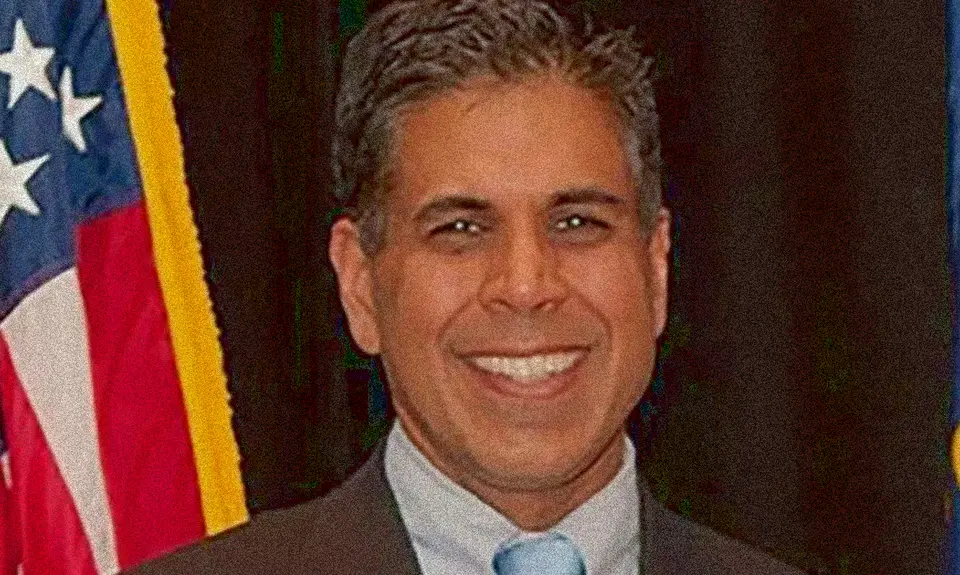“Confirmed Judges, Confirmed Fears” is a blog series documenting the harmful impact of President Trump’s judges on Americans’ rights and liberties. Cases in the series can be found by issue and by judge at this link.
Trump Sixth Circuit judge Amul Thapar cast the deciding vote to reject the claim that an African American man was excluded as a juror in the trial of another African American because of his race, in violation of a landmark Supreme Court ruling prohibiting such exclusion. The February 2020 case is Mitchell v. LaRose.
During the jury selection phase of Janero Mitchell’s Ohio criminal trial, prosecutors excluded two prospective jurors who, like Mitchell, were African American. When the prosecutor moved to strike the second juror, Mitchell’s counsel raised an objection under Batson v. Kentucky, the Supreme Court decision that precludes barring someone from jury service on the basis of race. The prosecutor claimed that the strike was because the juror had the same last name (Whitfield) as someone from the same area who had previously been prosecuted. When the defense attorney pointed out that the prosecutor could have simply asked the man if he had any relatives who had been prosecuted, the state attorney replied only that other African Americans were in the jury pool. The judge ruled for the prosecution based on the availability of other possible African American jurors.
Both the state court of appeals and the federal district court that conducted a collateral review rejected Mitchell’s argument that the Ohio judge failed to properly consider the Batson ruling, although the federal court did grant a certificate of appealability to take the claim to the Sixth Circuit. Thapar cast the deciding vote in a 2-1 ruling to reject Mitchell’s claim and affirm the lower court decisions, claiming that he did not demonstrate an “objectively unreasonable error.”
Chief Judge Guy Cole strongly dissented, explaining that the Ohio courts had applied Batson in an “objectively unreasonable way.” Cole noted that the ruling specifically requires courts to “ensure that no citizen is disqualified from jury service because of his race.” By excluding an African American juror “as long as there are others in the jury pool,” Cole went on, the trial court used “impermissible reasoning” in rejecting the Batson claim, and violated the Supreme Court’s “clear requirement” that “no citizen” be excluded from jury service because of race.
The trial court had not “fulfilled its duty” to determine if there was “purposeful discrimination” in striking the juror, Cole went on. There was clear evidence to that effect, he explained. This included the fact that the prosecution had used two of its first three jury challenges to exclude African Americans, that the excuse that the prospective juror’s last name was a “pretext” since the prosecutor did not ask if he was related to other people who had been prosecuted with the same last name, and had offered a “race-based excuse for excluding a juror” by claiming that other African American jurors were available.
Cole concluded that the state trial court had “failed in its duty to ensure that no person is excluded from jury service on the basis of race.” Condoning racial discrimination in jury service as in this case, he went on, causes harm to “the defendant, the excluded juror, and the entire community.” But Thapar’s deciding vote denied Janero Mitchell of his constitutional right and of any opportunity to remedy this serious error.
